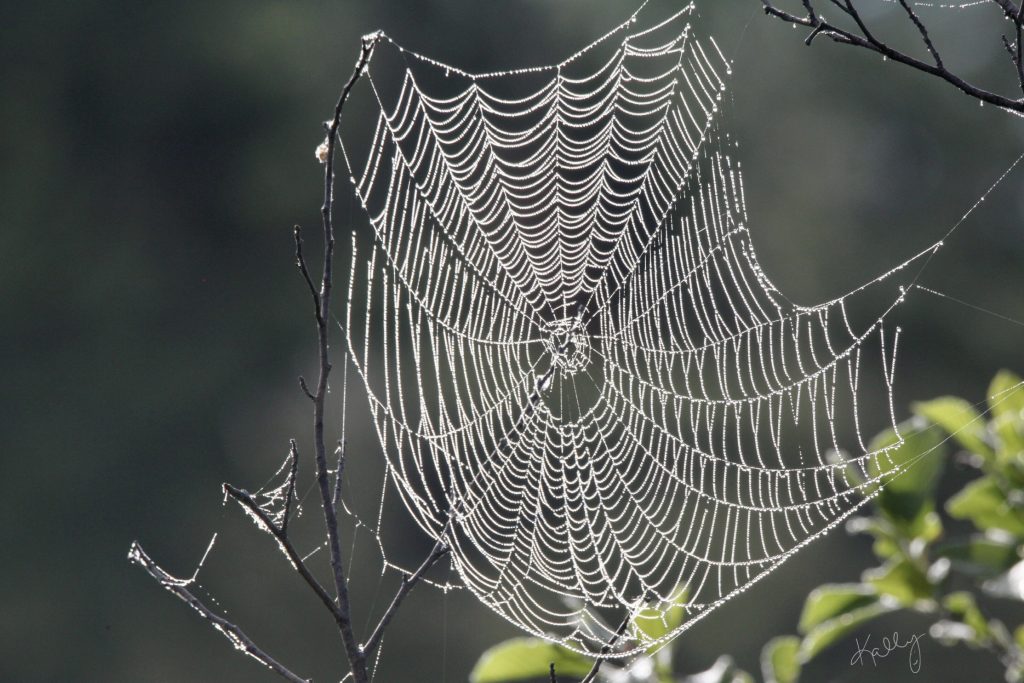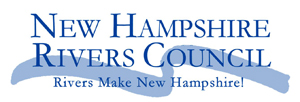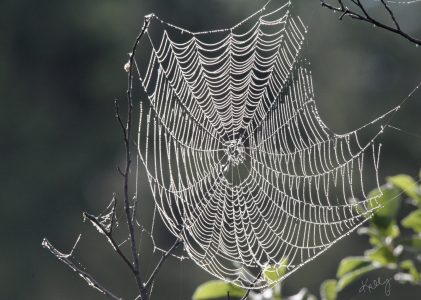
This summer, every day that I climb the ladder to the dock after a swim, I have to go through spiderwebs. This destroys their beautiful creations so that I leave the water feeling at once refreshed and terribly guilty.
When I go back the next day, the webs are re-built demonstrating fascinating adaptive management—bigger or smaller; vertical vs. landscape; oblong instead of round. The amount of energy expended to keep re-building is remarkable. I do not anthropomorphize that they are resentful but that this is their life (I still feel guilty). They are not daunted but continue to be dedicated to doing what is necessary (capturing food and raising young), at the necessary place (it must be the perfect flyway to capture insects), at the necessary time (midges this year have been numerous). I love and admire these dock spiders.
It can be discouraging working for our natural world with changing federal, state, and local policies, which are not always good for rivers and watersheds. There are conflicts between natural systems and economic growth or housing while at the same time trails and parks are built celebrating the essence of these same mighty and dynamic waterbodies.
We know that you depend on the Council to be spiders. We are not giving up. We are not resentful. We are adapting to be the most effective advocates for the rivers and watersheds you love.
This means that the Council is part of the legislative process, rulemaking, and policy development while working on-the-ground with restoration projects that save fish, birds, mammals, and their habitats.
It can be a tangled web. We have been here since 1985 and every day, we continue to adapt and work for you and the rivers we love.
With every good wish for your health and an enjoyable late summer,
Michele L. Tremblay, President
Board of Directors


